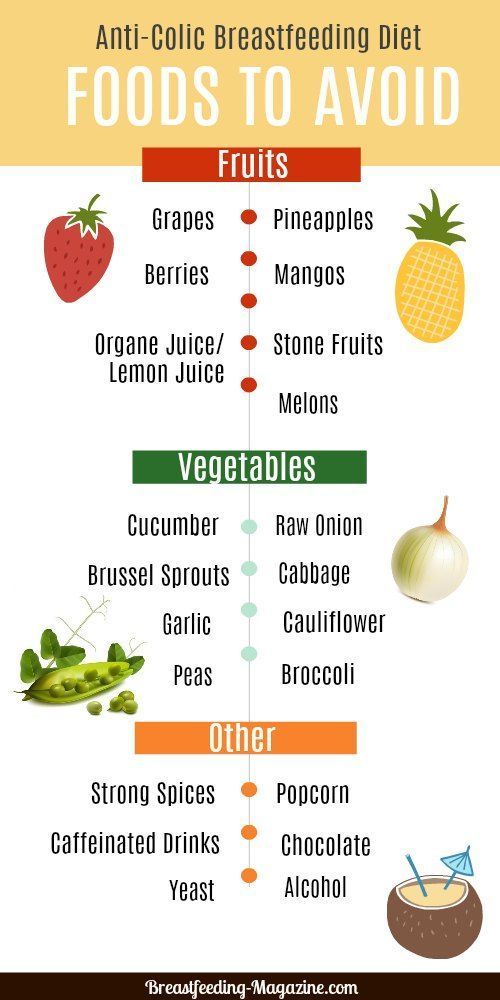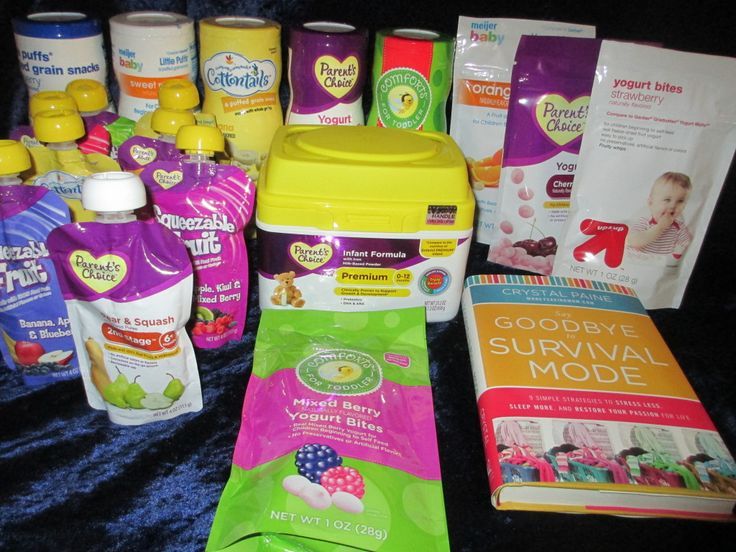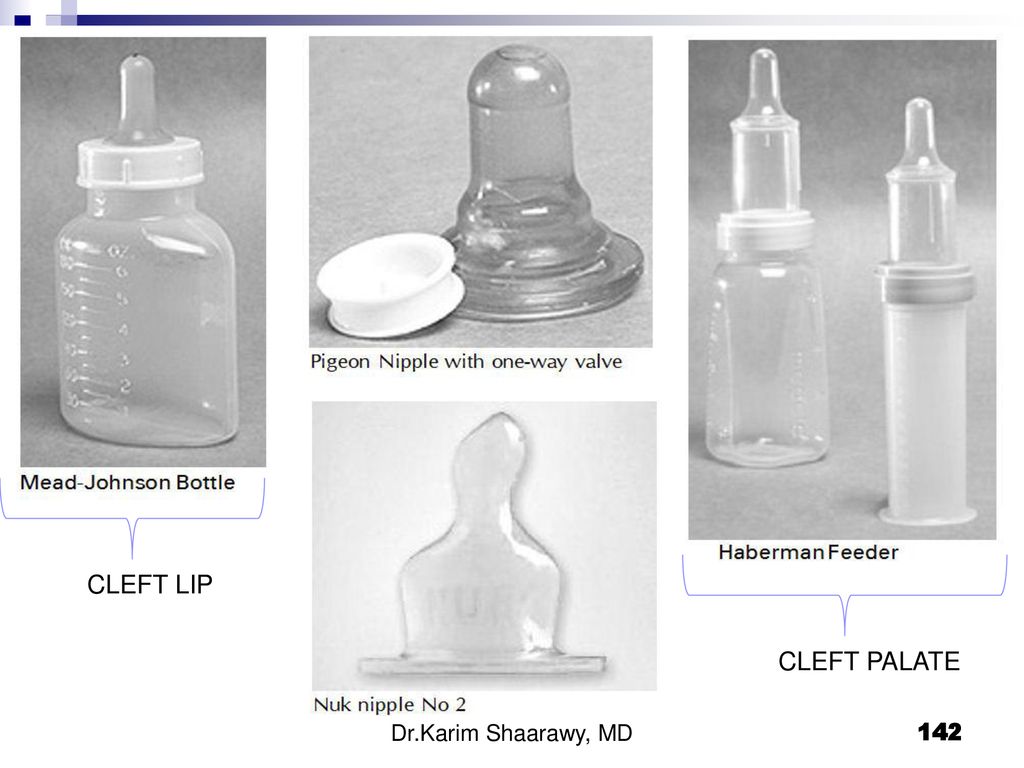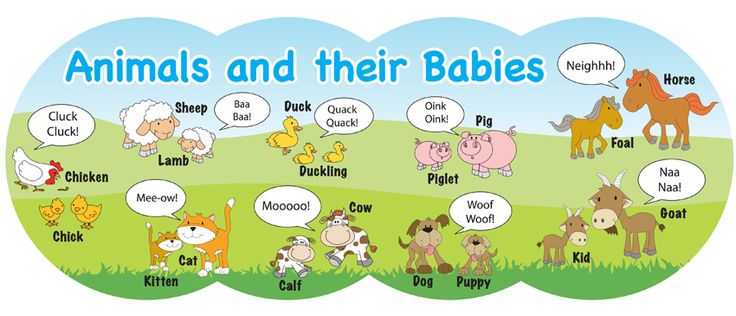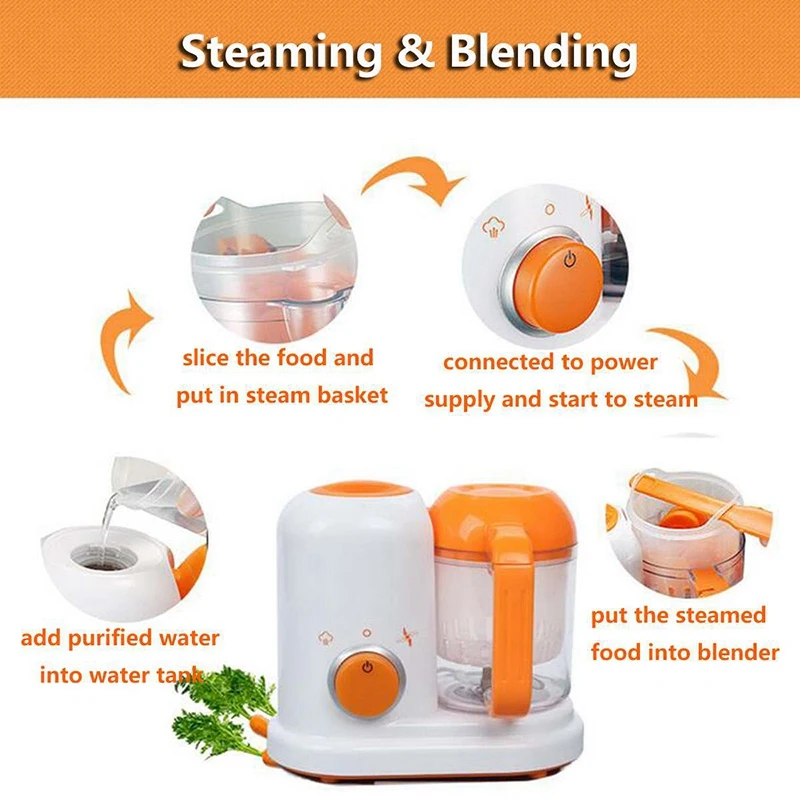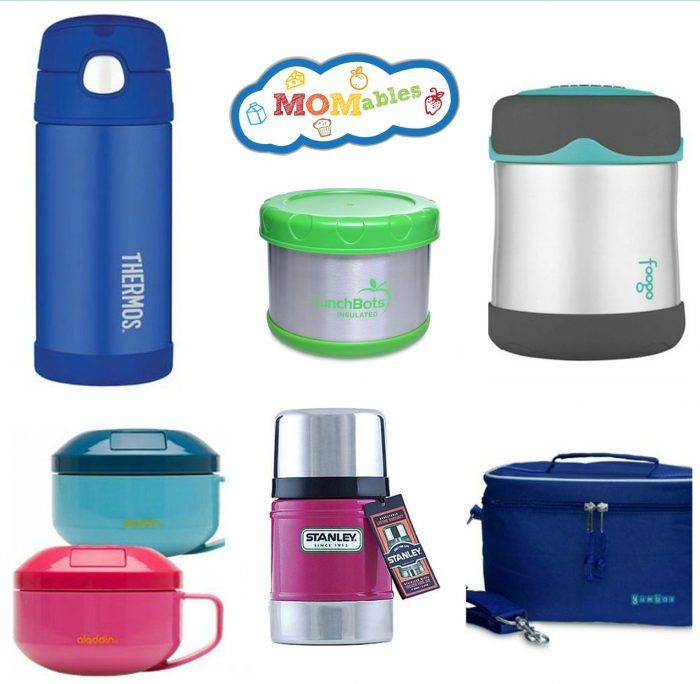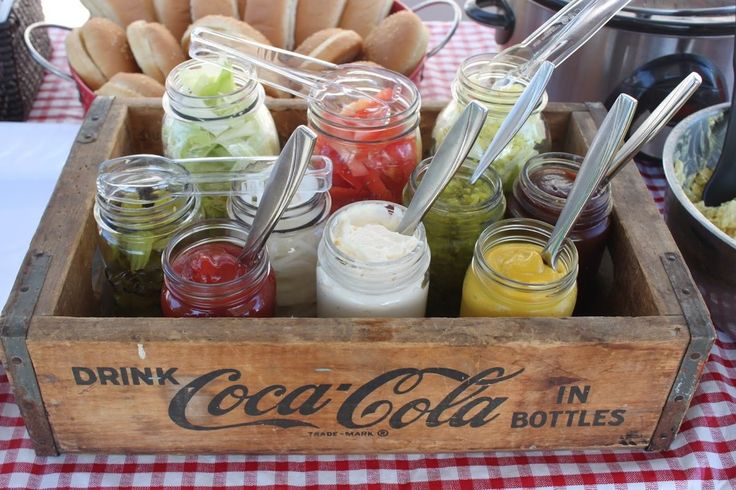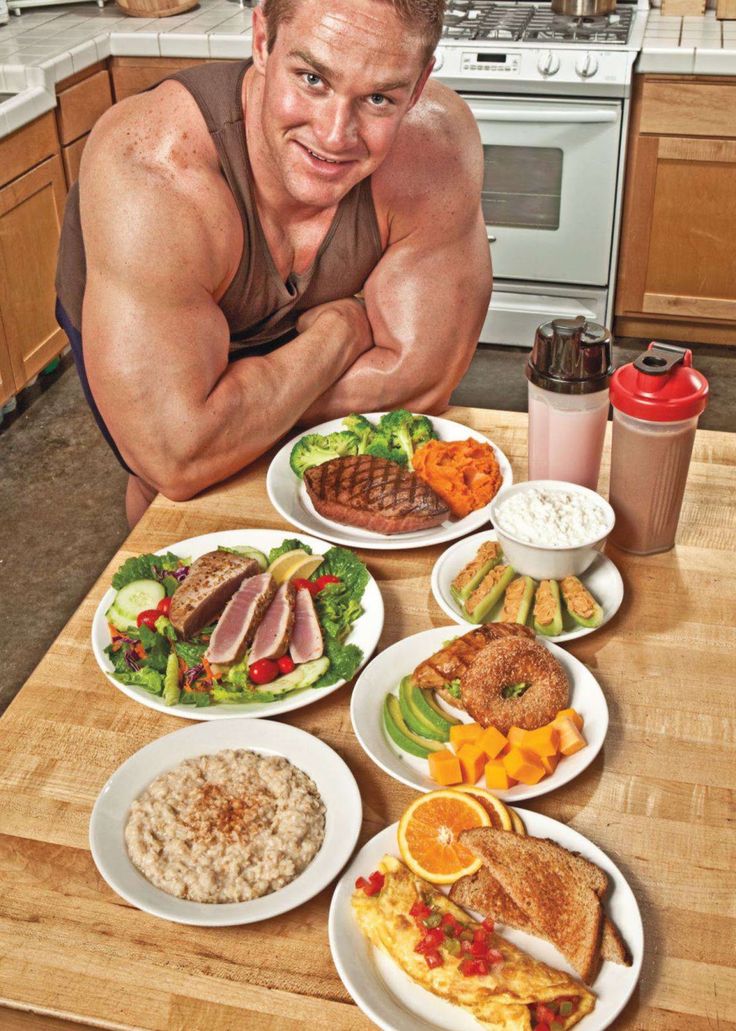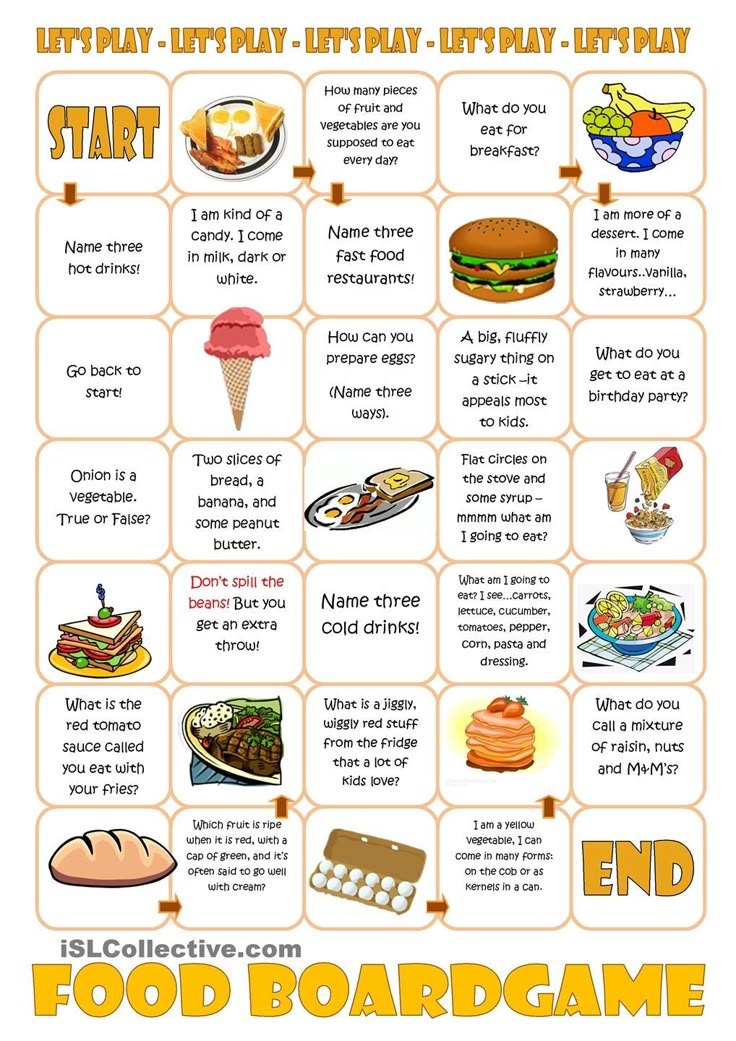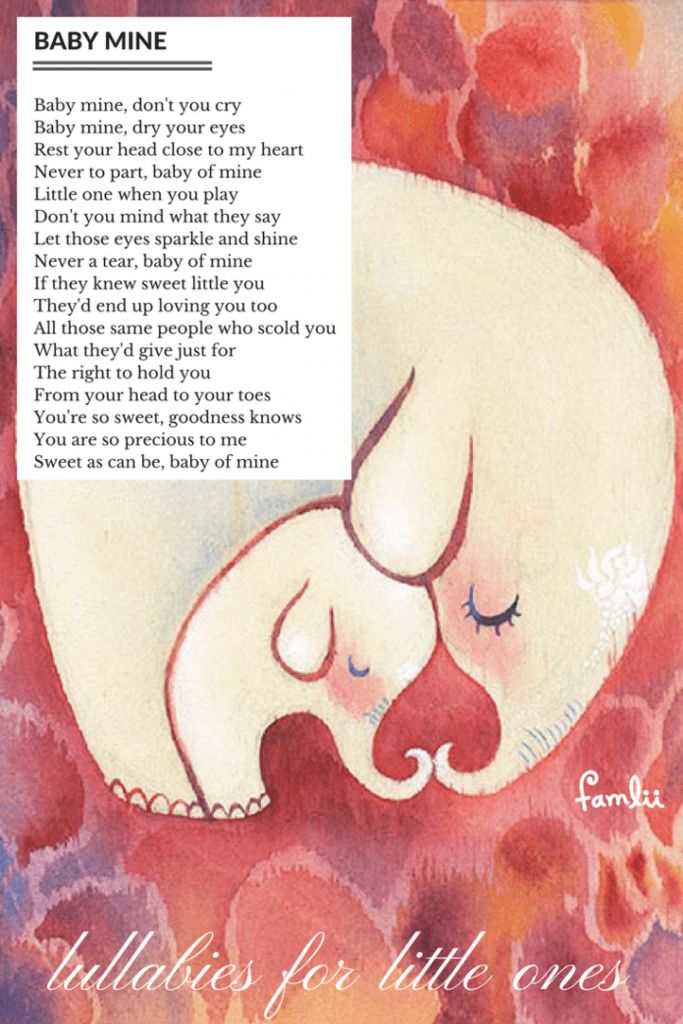Food to avoid when breastfeeding jaundice baby
What Should Mother Eat When Baby Has Jaundice?
Most of us understand that maintaining a healthy diet can heal our bodies. However, when it comes to newborn jaundice, if you’re breastfeeding, your diet can also help heal your baby’s body.
What you put into your body can have an effect on your breast milk. As a nursing mom, it’s important to choose nutritious foods and to avoid the foods that might cause your newborn gastrointestinal distress.
This article is going to cover the causes of newborn jaundice, the foods that can help heal your baby, and the foods you should avoid.
The Causes of Newborn Jaundice
In some newborns, their liver isn’t mature enough to be able to get rid of the excess bilirubin in their bloodstream. This is known as hyperbilirubinemia. What Is Hyperbilirubinemia? It’s a condition in which a baby’s red blood cells take on a yellow pigment, which can cause the eyes or skin to appear yellowish.
Your baby’s body creates bilirubin when it replaces its red blood cells. When there isn’t a problem, it means your baby’s liver is working hard to remove bilirubin from the bloodstream. Instead of staying in your baby’s body, the bilirubin comes out in your baby’s poop.
Jaundice in newborns can be treated by phototherapy. This treatment uses special lights to change bilirubin into lumirubin, which can then be excreted into the baby’s bile or urine. In most cases, jaundice will appear on the second or third day of your baby’s life and will resolve on its own. You can help resolve it by choosing your diet carefully.
Foods to Eat if Your Baby Has Jaundice
When it comes to jaundice and breastfeeding, your diet matters. Your baby’s liver processes everything they eat and drink and helps with toxin removal. Some of the foods that can help this include:
- Foods that are high in fiber
- Papaya and mango
- Milk thistle tea
- Fresh vegetables
- Multigrain bread
- Plenty of water
- Tofu
- Salmon
Healthy foods like broccoli and oatmeal are beneficial to you and your baby.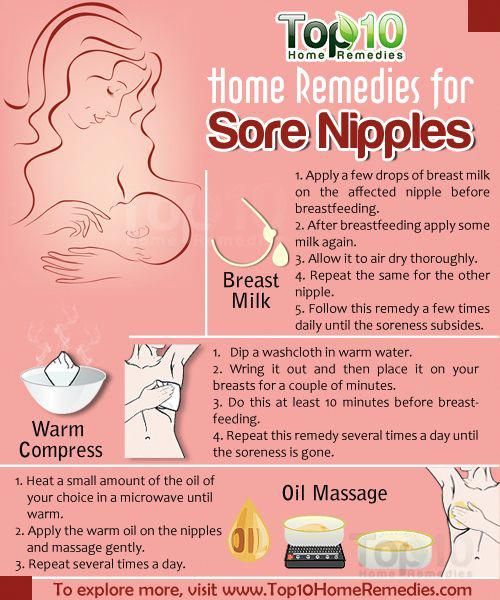 Making sure you and your baby get the nutrients you need can allow the liver to function more effectively.
Making sure you and your baby get the nutrients you need can allow the liver to function more effectively.
Foods to Avoid if Your Baby Has Jaundice
Just as there are foods we can eat to help heal our baby’s jaundice, there are also foods that can work against optimal liver function. The unhealthy foods you want to avoid passing to your baby through your breast milk include:
- Alcoholic beverages
- Oily foods
- Spicy food
- Processed foods
- Unsaturated fats
- Junk food
- Sodas
- Refined sugar
- Salty foods
These foods are bad for you and your baby. They may not make your infant’s jaundice worse, but they aren’t going to do anything to speed up healing, either.
The Benefits of Breastfeeding
In addition to being able to help your baby’s liver function, there are many other benefits to breastfeeding. Studies have shown that nursing can help vaccines function better, and they lower a baby’s risk of sudden infant death syndrome.
Research has also indicated that nursing can help make your baby smarter. Breastfed babies have been shown to have higher IQ scores when they get older, and it may be due to fatty acids in your breast milk.
Researchers have also discovered that nursing can help prevent obesity. Infants who were nursed have lower rates of obesity when they are older. Making healthy food choices now will also model healthy eating so your child will develop healthy habits once they begin eating solid foods.
Perhaps the biggest benefit of breastfeeding is the skin-to-skin contact you will have with your baby. You are the only person in your baby’s life who will be able to share the nursing bond with your child. Congratulations on your new baby! Try not to stress out over your newborn’s jaundice diagnosis. Most babies with jaundice will be just fine.
in Uncategorized 2 comments
What to eat and what to avoid
We include products we think are useful for our readers.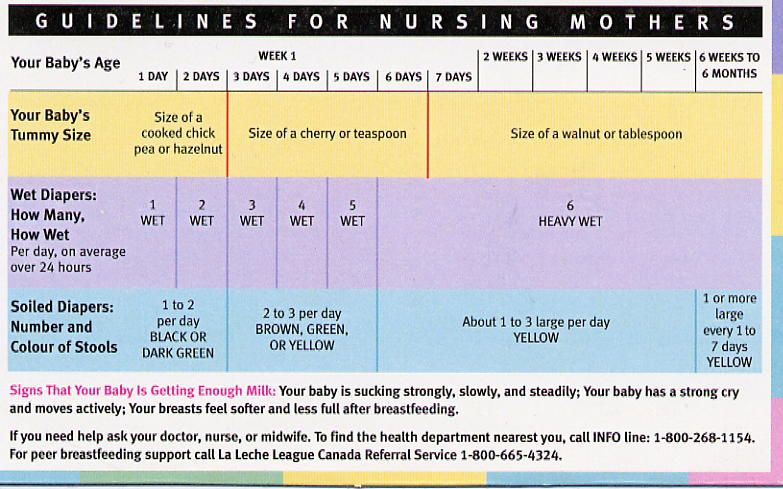 If you buy through links on this page, we may earn a small commission. Here’s our process.
If you buy through links on this page, we may earn a small commission. Here’s our process.
Medical News Today only shows you brands and products that we stand behind.
Our team thoroughly researches and evaluates the recommendations we make on our site. To establish that the product manufacturers addressed safety and efficacy standards, we:
- Evaluate ingredients and composition: Do they have the potential to cause harm?
- Fact-check all health claims: Do they align with the current body of scientific evidence?
- Assess the brand: Does it operate with integrity and adhere to industry best practices?
We do the research so you can find trusted products for your health and wellness.
Read more about our vetting process.Jaundice is a buildup of bilirubin in the blood. Bilirubin is a yellow pigment released during the breakdown of red blood cells.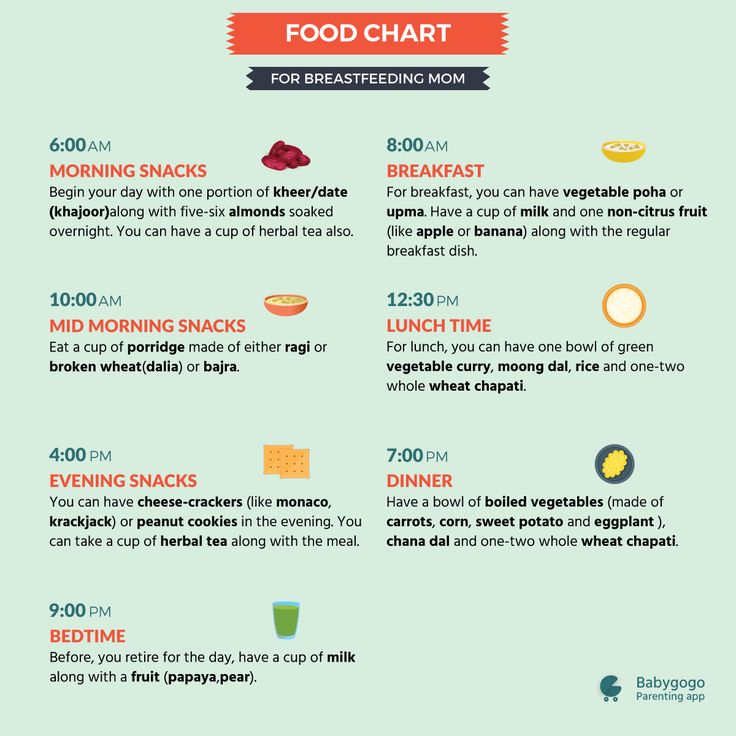 Too much of this pigment causes the skin, eyes, and gums to turn yellow.
Too much of this pigment causes the skin, eyes, and gums to turn yellow.
The liver typically filters bilirubin out of the blood, so jaundice is usually related to liver disease or failure.
A majority of jaundice cases occur in newborns, young children, and immune-compromised adolescents and adults.
In most cases, a bilirubin blood levels of 2 to 3 milligrams per deciliter (mg/dL) or higher will cause visible symptoms.
Share on PinterestCertain foods are easier to digest and more liver-friendly than others.A person’s diet plays a significant role in jaundice recovery and prevention.
During digestion, the liver produces bile that helps the intestine break down fats.
The liver is also responsible for processing or metabolizing most digested nutrients, toxins, and medications.
All foods and drinks require the liver to do a certain amount of work. But different nutrients and chemicals are digested and metabolized differently, making some more liver-friendly than others.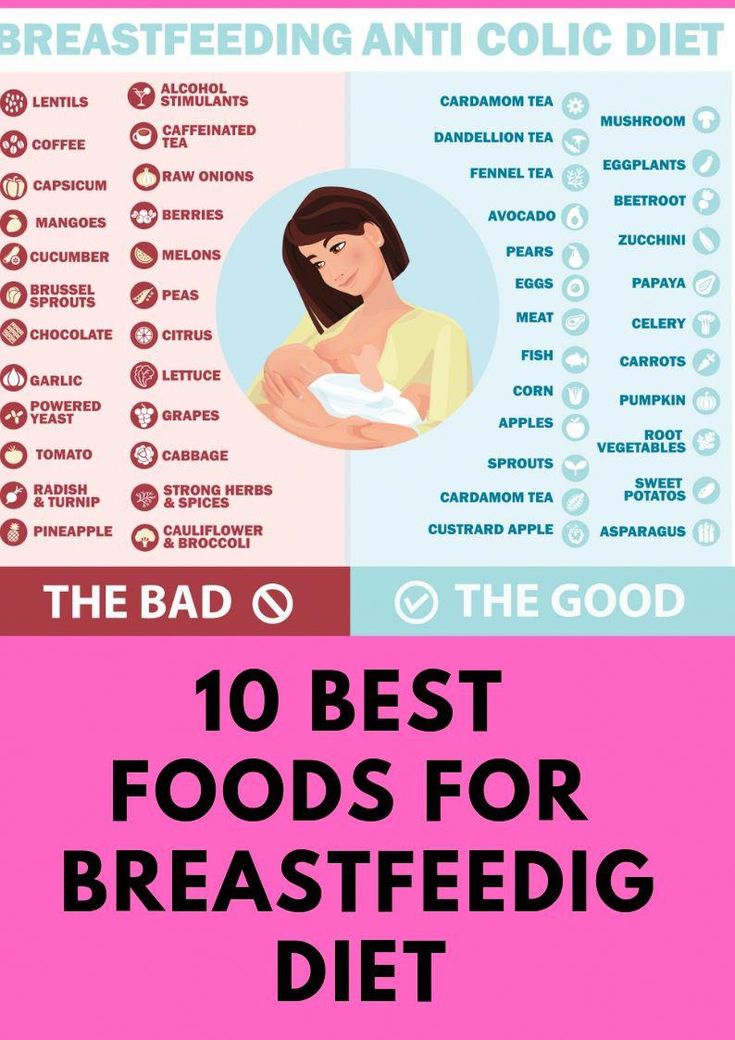
The amount of work the liver has to do increases when foods are difficult to digest. This is especially true for large amounts of refined sugars, salt, and saturated fats.
Toxins, such as alcohol and some medications, can also damage liver cells during metabolism.
People with jaundice are usually advised to eat foods and drinks that help improve digestion and metabolism, protect the liver from further damage, and detoxify the liver.
A doctor will provide an individualized treatment plan, including dietary suggestions, to a person recovering from jaundice.
These suggestions will vary depending on the severity of the case and any underlying medical conditions. But there are certain foods and drinks most people with jaundice are advised to add to their diet.
Foods and drinks to consume during jaundice recovery include:
Water
Staying hydrated is one of the best ways to help the liver recover from jaundice. Water not only helps ease digestion, but it also helps the liver and kidneys flush out toxins.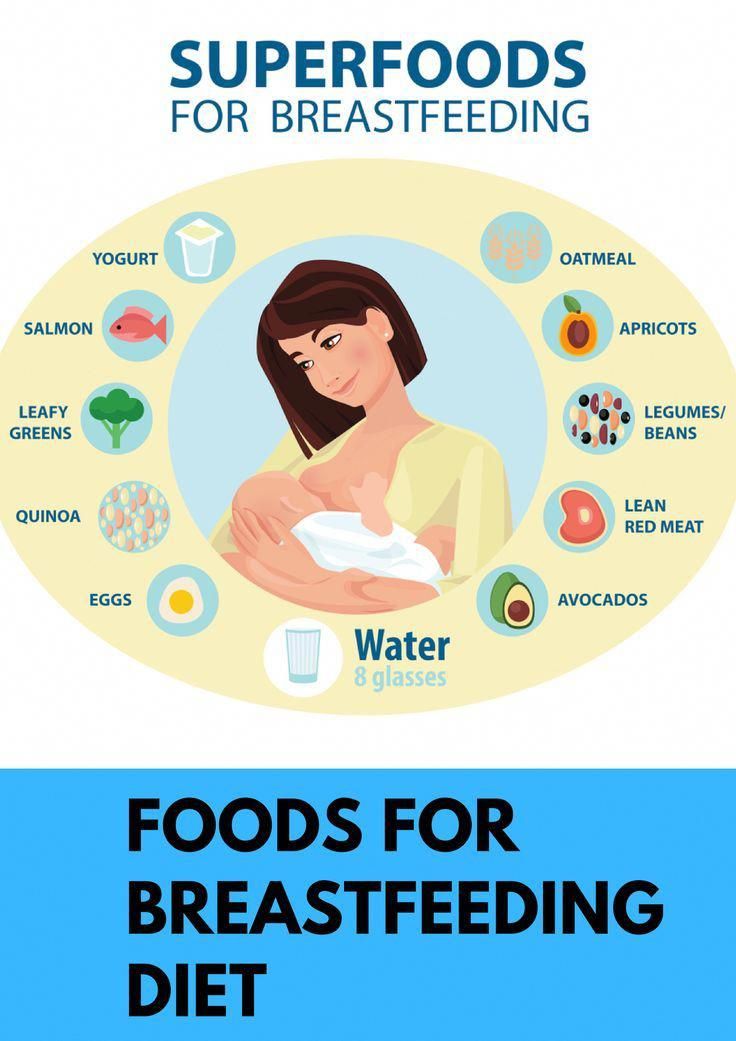
Most people should drink at least 64 ounces or just under 2 liters of water daily.
If people find the taste bland, they can try adding a teaspoon or more of fresh lemon, lime, or grapefruit juice to water for an extra dose of antioxidants.
Fresh fruits and vegetables
Fresh fruits and vegetables contain powerful antioxidants and fiber that can help limit liver damage during metabolism and ease digestion.
All fruits and vegetables contain some level of liver-friendly nutrients, but some varieties are especially beneficial for liver conditions. These include:
- whole cranberries, blueberries, and grapes
- citrus fruits, especially lemons, limes, and grapefruits
- papayas and melons
- pumpkins, sweet potatoes, and yams
- avocados and olives
- tomatoes
- carrots, beets, and turnips
- cruciferous vegetables, such as broccoli, cauliflower, and Brussels sprouts
- ginger and garlic
- spinach and collard greens
For optimal health benefits, people should eat whole fruits and vegetables and avoid high-calorie, low-fiber products, such as fruit juices and blends.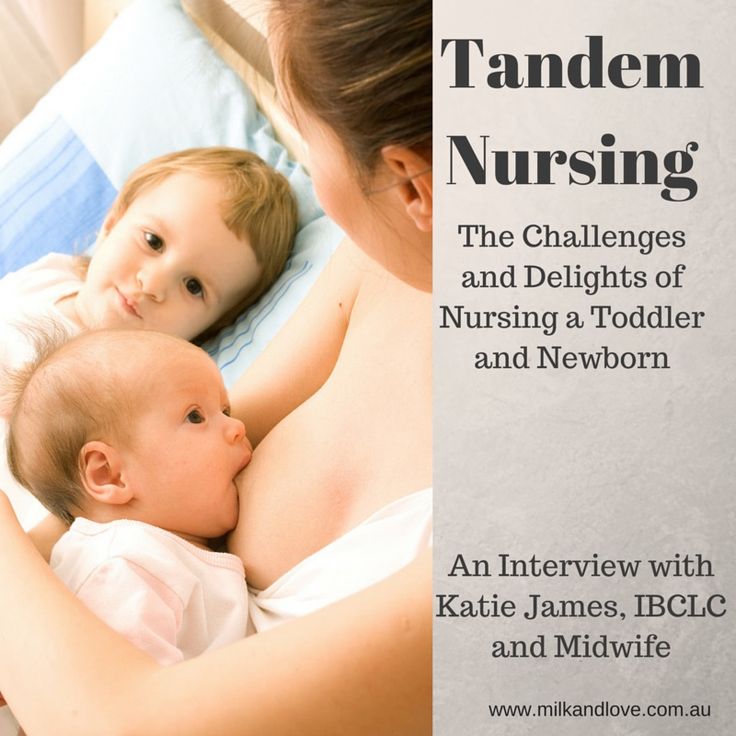
It is also advised to limit or avoid highly processed and refined sugars, such as high fructose corn syrup (HFCS).
Coffee and herbal tea
Coffee and herbal teas contain high doses of antioxidants, as well as caffeine, which can help stimulate digestion. A range of herbal teas is available for purchase online.
In moderation, coffee has been shown to help reduce the risk of liver conditions, including cancer and fibrosis (scarring), and slow their progression.
Whole grains
Whole grain foods contain high amounts of liver-friendly nutrients, including healthy fats, fiber, antioxidants, and minerals.
A 2013 study confirmed that subjects who ate oats, which are rich in beta-glucan, improved liver function after 12 weeks of consumption.
Nuts and legumes
Most nuts and legumes are rich in antioxidants, including vitamin E and phenolic acid.
Whole nuts and legumes are also usually rich in fiber and healthy fats. Studies show that walnuts and other tree nuts are beneficial to liver function when consumed regularly.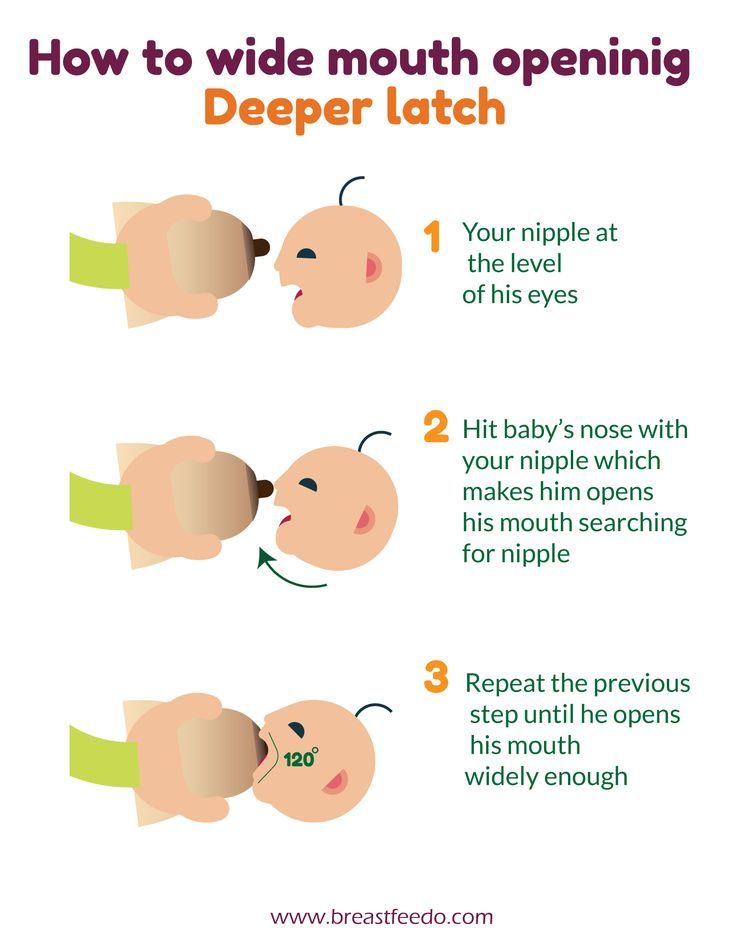
Lean proteins
Lean proteins, including tofu, legumes, and fish, put less stress on the liver than red meat. Oily species of fish, such as salmon and mackerel, contain omega-3 and zinc, which help metabolize fatty acids, alcohols, carbohydrates, and proteins.
Foods and drinks to avoid or limit during jaundice recovery include:
Alcohol
Alcohol is toxic to most internal bodily tissues, including the liver. Excessive alcohol use can cause chronic inflammation, reduce liver function, and lead to fibrosis.
Most people with jaundice or other liver conditions should try to avoid alcohol completely.
Refined carbohydrates
Soda, baked goods, white bread, and pasta all contain high amounts of refined sugar.
Too much sugar has been linked to a number of health conditions that impair liver function, including type 2 diabetes and obesity.
Packaged, canned, and smoked foods
Share on PinterestSome dairy products contain high levels of saturated fat and should be avoided.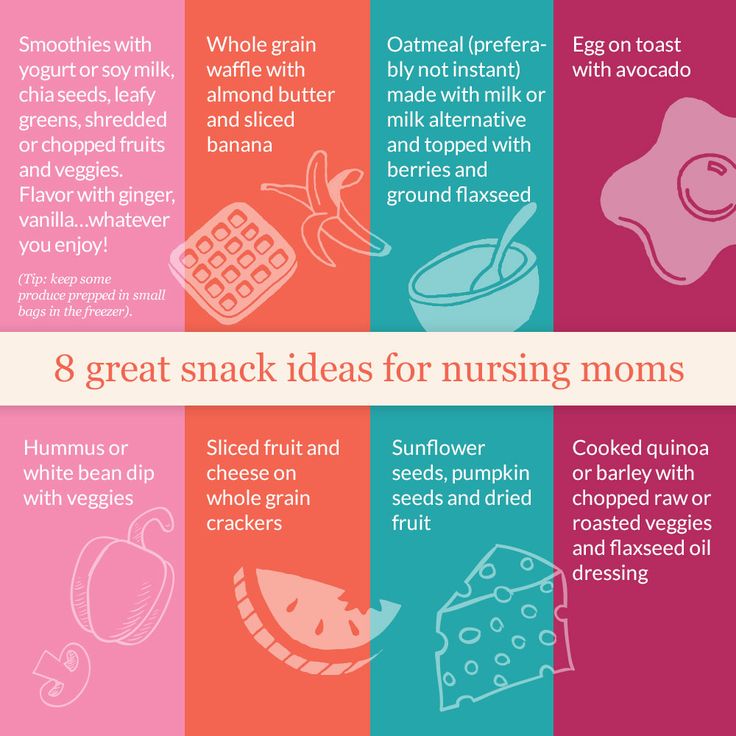
Many packaged, canned, or smoked foods, especially deli meats and canned vegetables, contain high levels of preservatives.
These preservatives are usually forms of salt, such as nitrates and sulfates. Salt dehydrates the body, making digestion and metabolism more difficult, and putting stress on the liver.
Food items with 1.5 grams (g) salt per 100 g (or 0.6 g sodium) or higher are considered high in salt.
Saturated and trans fats
Fried, oily, and fast foods contain high amounts of saturated and trans fats that are difficult to digest, particularly those prepared with partially hydrogenated vegetable oils.
Some dairy products, including cheeses, whole milk, and full-fat yogurts, also contain high levels of saturated fat.
Researchers are not entirely sure why, but studies indicate that people who consume large amounts of saturated and trans fat undergo liver changes and an increase in insulin resistance. Insulin helps control blood sugar levels and helps digest sugar.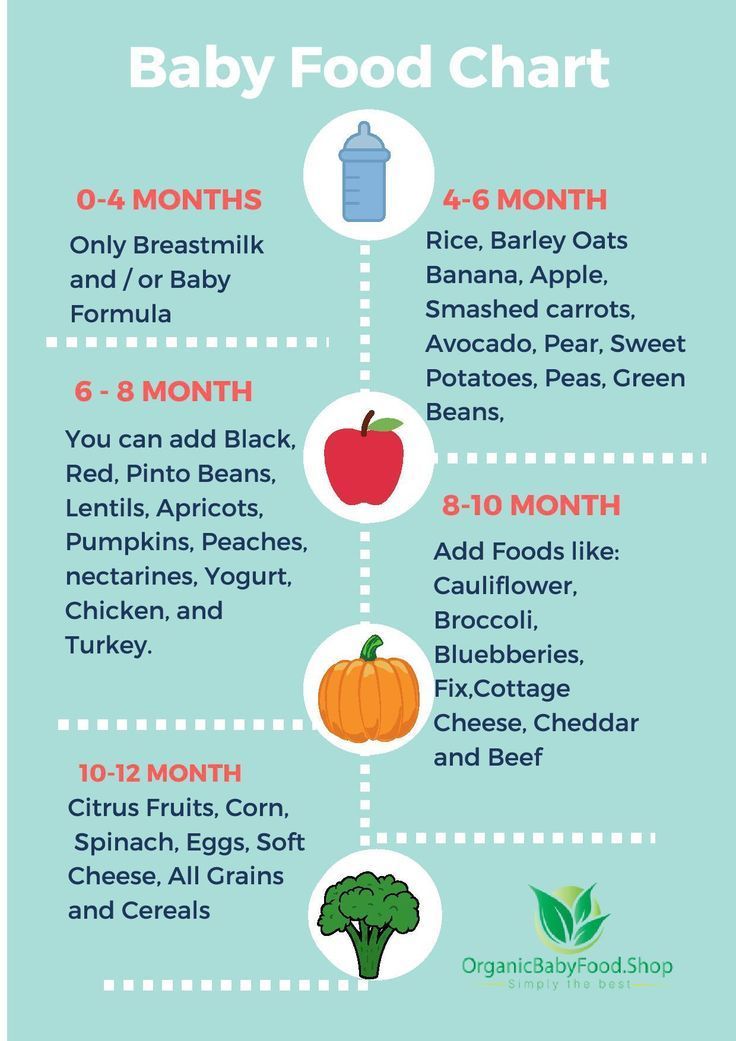
Large intakes of saturated and trans fats have also been linked to obesity and malnutrition, which are both risk factors for liver conditions, including jaundice.
It is recommended to limit saturated fat intake to 5 to 6 percent of total calories, and try to limit or avoid trans fats altogether.
Raw or undercooked fish or shellfish
Raw or undercooked fish and shellfish may contain toxins that can damage the liver and other digestive organs.
There is also a risk that they contain viruses, bacteria, and parasites that can infect the liver.
Beef and pork
Rich meats, such as beef and pork, contain high levels of animal amino acids and fats that can be difficult to digest and put a strain on a damaged liver.
Most studies suggest lean meats, such as poultry and fish, as well as plant-based proteins, such as legumes and tofu, are more liver-friendly protein sources.
Share on PinterestVery young children benefit from eating liver-healthy food.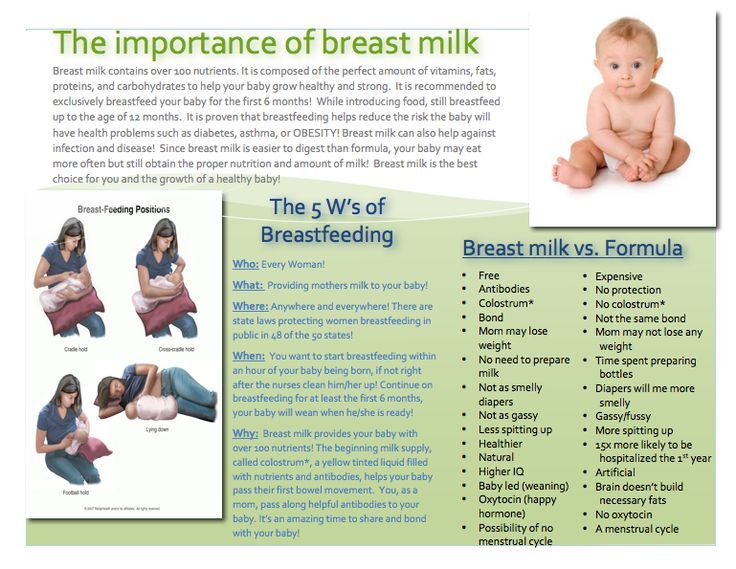
People in a high-risk category for jaundice are often advised to eat certain liver-healthy foods to help reduce their chances of developing the condition.
People who may benefit from liver-healthy foods and supplements include:
- pregnant women and breast-feeding mothers
- newborns and very young children
- immune-compromised individuals
- people with liver conditions, such as hepatitis, bile duct obstructions (gallstones or tumors), and alcoholic or fatty liver disease
- people taking certain prescription drugs, especially non-steroidal anti-inflammatories (NSAIDs), prescription pain medication, steroids, immune and hormone regulating drugs
- people with hereditary conditions, especially Gilbert syndrome and Dublin-Johnson syndrome
However, most children and adults who eat a healthy, balanced diet are at a low-risk of developing jaundice and do not need to make any dietary changes unless advised to do so by a doctor.
Breastfeeding with jaundice | how to do it right
Neonatal jaundice affects up to 70% of newborns. If it is less common in full-term babies, then almost all premature babies face it. Moreover, the number of babies diagnosed with this condition is constantly growing. Doctors attribute this situation to environmental degradation, medication during gestation, and other negative factors affecting the body of a pregnant woman.
If it is less common in full-term babies, then almost all premature babies face it. Moreover, the number of babies diagnosed with this condition is constantly growing. Doctors attribute this situation to environmental degradation, medication during gestation, and other negative factors affecting the body of a pregnant woman.
Newborn jaundice usually begins immediately after birth - on the third or fourth day. On the tenth, the yellowness of the skin most often disappears. But treatment is recommended to start, even if bilirubin is not too high: the body of each child is individual and complications can give a slight excess of the indicator. The duration of treatment is also associated with the individual characteristics of the body: with equal amounts of bilirubin, different children require a different number of phototherapy sessions to cure. In many ways, the course of the disease is affected by the nutrition of the baby. nine0003
Breastfeeding during jaundice is beneficial
When breastfeeding, the baby should eat a lot and often soil the diaper.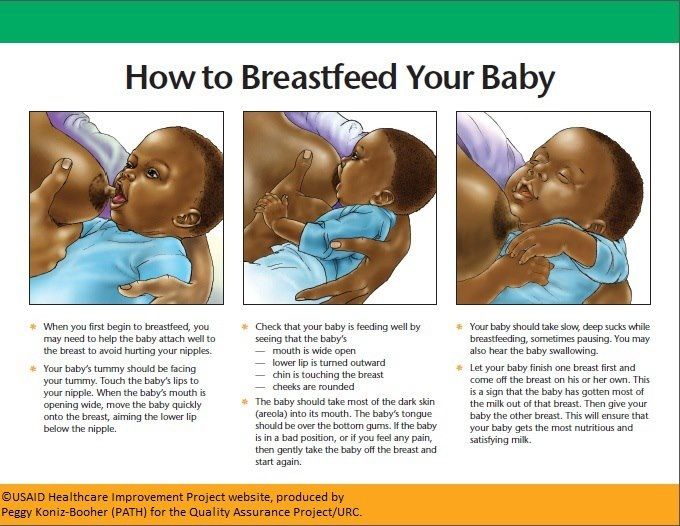 This is because colostrum has a laxative effect. With jaundice, this alignment is very handy, because bilirubin leaves the body with feces and urine. The more the baby eats and the more often it is freed from waste products, the faster the jaundice passes.
This is because colostrum has a laxative effect. With jaundice, this alignment is very handy, because bilirubin leaves the body with feces and urine. The more the baby eats and the more often it is freed from waste products, the faster the jaundice passes.
Moreover, early feeding is an excellent prevention of neonatal jaundice. In babies who immediately began to eat their mother's milk, increased bilirubin occurs less frequently than in other children. And if jaundice appears, it passes faster. nine0003
Conclusion: breastfeeding is good for jaundice and helps the disease go away quickly and without consequences.
Interestingly, with phototherapy, the child can be fed directly during treatment. To do this, you need to take a lamp with you to bed, shine a child and at the same time give him a breast. If you are treated at the KIM Medical Center, our doctors will show you how best to place your baby to feed him during the procedure.
When not to breastfeed
Breast milk is very beneficial for babies with jaundice, but only if they are fully fed.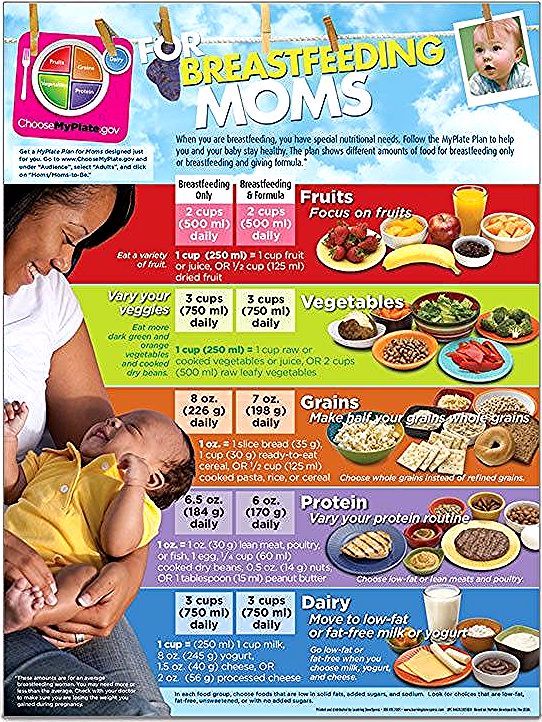 If the baby was put to the breast late or there are problems with breastfeeding, it is better to abandon it and switch to artificial feeding. However, here the decision to accept the doctor.
If the baby was put to the breast late or there are problems with breastfeeding, it is better to abandon it and switch to artificial feeding. However, here the decision to accept the doctor.
There is another situation when it is worth giving up breastfeeding - a Rh-conflict between the baby and the mother. If it occurs, then sometimes hemolysis develops - a condition when the red blood cells in the blood are destroyed. Namely, during this process, bilirubin appears. It turns out that breastfeeding with Rh-conflict aggravates the course of jaundice. nine0003
However, the ban on breastfeeding in case of Rhesus conflict cannot be called absolute. If the baby is doing well, the doctor may allow breastfeeding under strict supervision. After all, although it exacerbates jaundice, milk remains beneficial for the child's body. Also, the pediatrician may advise only temporarily stop feeding in order to return it when the acute phase of jaundice passes.
5 tips for moms breastfeeding a baby with jaundice
0003
-
No need to follow the regime, feed "on demand" as much as the child wants.
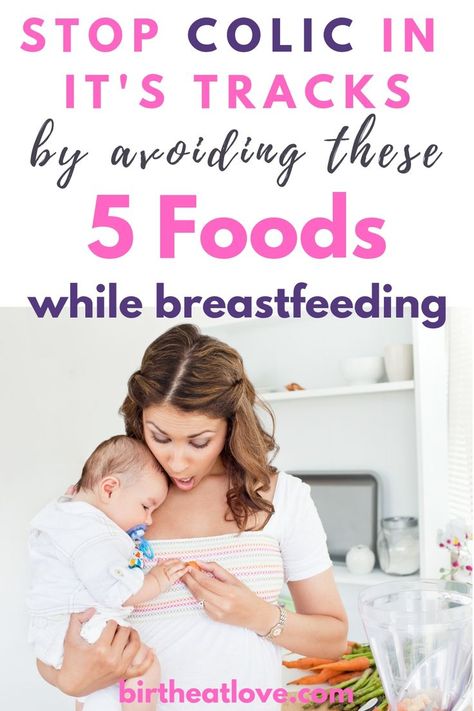
-
Watch how the child behaves for signs that he is hungry. Usually children open their mouths, suck their fingers, smack their lips.
-
Record feeding times. Make sure your child eats at least eight times a day.
-
Children with jaundice often sleep a lot. You do not need to wake them up for breastfeeding, they can eat in their sleep. Nature has made sure that the baby does not choke and choke while sucking on his mother's breast. nine0003
-
Get ready that during phototherapy the baby will wake up more often, ask for food, demand attention. This means he is on the mend.
Some children eat every 15-20 minutes and then fall asleep. This is normal behavior, although quite troublesome for mom. If you have such a baby, try to rest more often.
The specialists of the KIM Medical Center wish you a speedy recovery from neonatal jaundice and successful feeding. And if you have any questions, please make an appointment.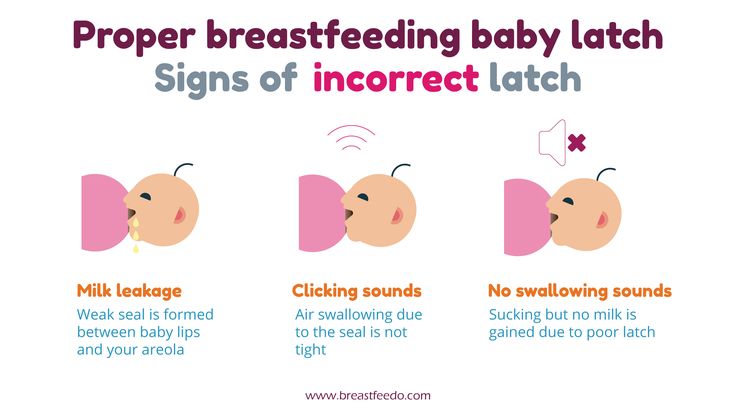 Our doctors are always ready to help! nine0003
Our doctors are always ready to help! nine0003
What to eat while breastfeeding | Breastfeeding Diet
You know that breast milk is the best food for your baby. What about your own nutrition while breastfeeding? We asked the nutritionist a few questions about the nutrition of a nursing mother.
Share this information
Priya Tew, UK-based registered dietitian :
Priya is a nutritionist, M.D., multi-award winning member of the British Dietetic Association and the Health Professions Council. She has three children, and she breastfed each of them for up to 18 months. nine0003
During breastfeeding, there is no need to follow a special diet, the main thing is that your diet is balanced. It should include plenty of fruits and vegetables, whole grains such as oats, brown rice, various cereals, and breads labeled "whole grain", "wholemeal" or "wholemeal". These foods, along with potatoes, pasta, and couscous, are high in starch, an important source of energy.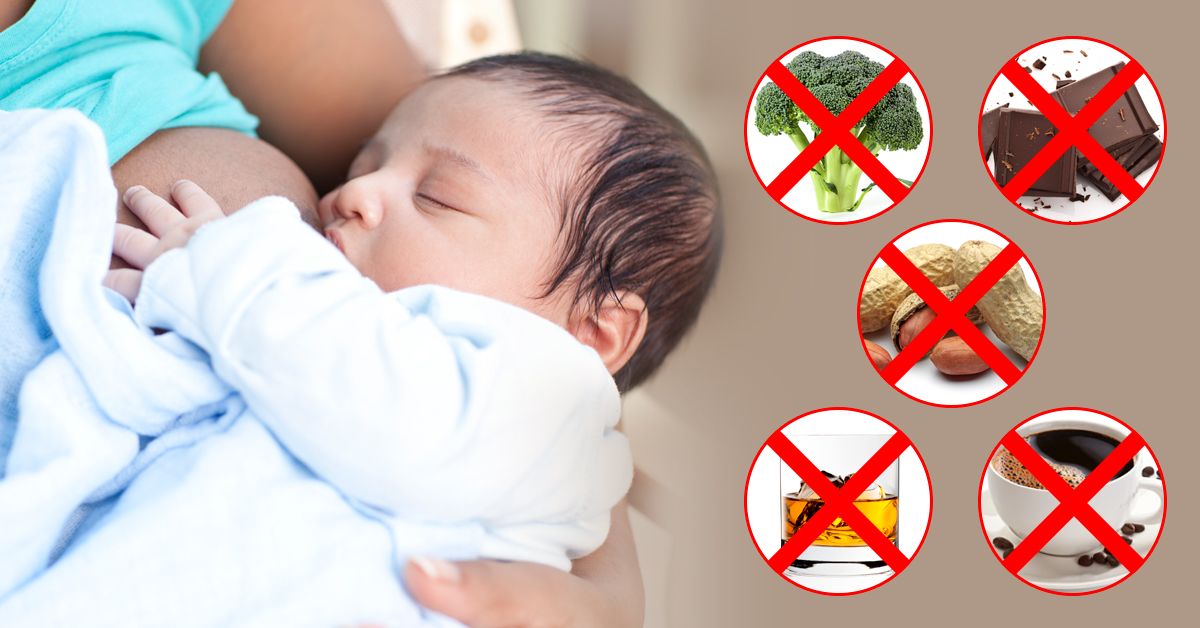
In addition, you need lean proteins found in chicken, eggs, legumes, lentils, fish, and lean beef, as well as healthy fats found in olive oil, nuts, seeds, avocados, and fatty fish such as salmon and mackerel. Oily fish is very good for your health and development of your baby, but you should not eat more than two servings per week (about 140 g), as it may contain harmful impurities. nine0074 1
Should I take vitamins while breastfeeding?
The most important is vitamin D. It is essential for healthy bones, you and your baby. We get most of this vitamin from the sun. If you live in a region with insufficient solar activity, especially in winter, your body may lack it. In this case, the doctor may advise taking vitamin D supplements. 2
You also need to get enough calcium, as it is excreted from the body during breastfeeding. nine0074 3 Try to eat four servings of foods rich in this mineral a day. These can be dairy products such as milk, yogurt, and cheese, or non-dairy products such as nuts, tofu, sesame seeds, and leafy vegetables. One serving may consist of, for example, half a cup of green vegetables or a small piece of cheese (50 g).
One serving may consist of, for example, half a cup of green vegetables or a small piece of cheese (50 g).
What foods should I avoid while breastfeeding?
The good news is that you can eat almost anything while breastfeeding. Only the consumption of oily fish should be limited. In small quantities, even caffeine is acceptable - more on this below. nine0003
If you are not allergic to peanuts, there is no reason to deny yourself products that contain peanuts. Recent studies show that if you eat peanuts while breastfeeding and gradually introduce them into your baby's diet during the first year, your baby will be less likely to become allergic to them in the future. 4
Are extra calories needed while breastfeeding?
Breastfeeding mothers need about 500 more calories per day. nine0074 5 But every mother is unique and your energy needs will change throughout your breastfeeding period. The number of calories you need depends on your baby's age, appetite, height, and weight, as well as your body mass index (BMI), your activity, and factors such as whether you are exclusively breastfeeding or not, and whether you are breastfeeding twins or multiple babies.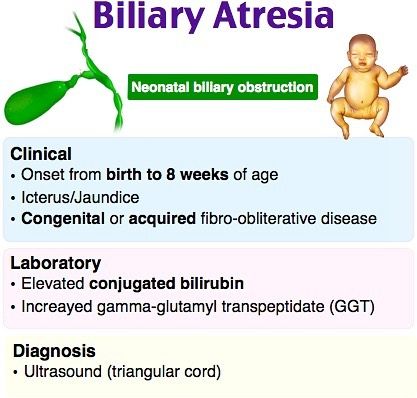
Can I go on a diet while breastfeeding?
Trying to lose weight while breastfeeding is not a good idea because you need to get enough nutrients for you and your baby. The fat accumulated during pregnancy is used to produce milk, so breastfeeding in itself will help you shed those extra pounds. nine0003
If your weight changes by more than 1 kg per week, check if you are eating a healthy and balanced diet and adjust if necessary. You can also ask your doctor for advice.
How do I find time to prepare healthy meals?
Having devoted yourself to feeding a child, you can forget about your own nutrition. However, it is important to ensure that your diet does not consist only of sweets and cookies. Of course, sweet snacks are easy and quick, but they do not bring any benefit to your body. nine0003
Opt for quick yet nutritious meals like scrambled eggs with spinach or fried chicken with brown rice. Oatmeal is great for breakfast, as it provides a slow release of energy from grains and soluble dietary fiber, which is what you need to restore strength in the morning after a night of breastfeeding.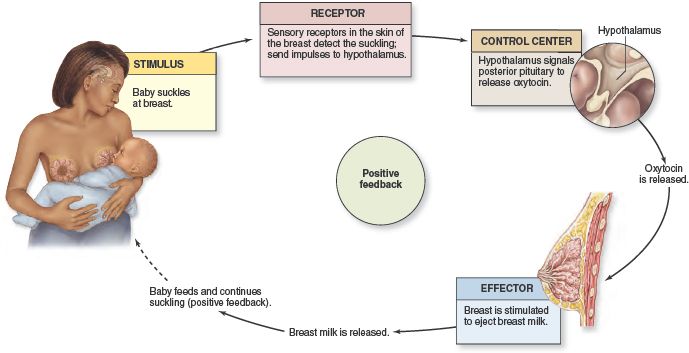
Store pre-cut fruits and vegetables in the refrigerator for light snacks, or carry unsalted nuts in your bag. It's much easier than peeling tangerines with one hand while holding a baby with the other. nine0003
Should I drink more water while breastfeeding?
Breastfeeding can make you thirsty, so it's important to drink enough water. A person needs six to eight glasses of fluid a day, and even more if breastfeeding. 6 Make it a habit to drink a glass of water, milk or fruit juice without sugar every time you feed your baby.
I love coffee. Do I need to quit caffeine?
Coffee, like everything you eat or drink, passes into your breast milk, so it is advisable to limit your intake while breastfeeding. Legal coffee limits vary by country, but the average recommendation is not to exceed 200-300 mg of caffeine per day (300 mg is equivalent to two cups of filtered coffee or four cups of tea). Talk to your doctor about the acceptable amount of coffee consumption for you.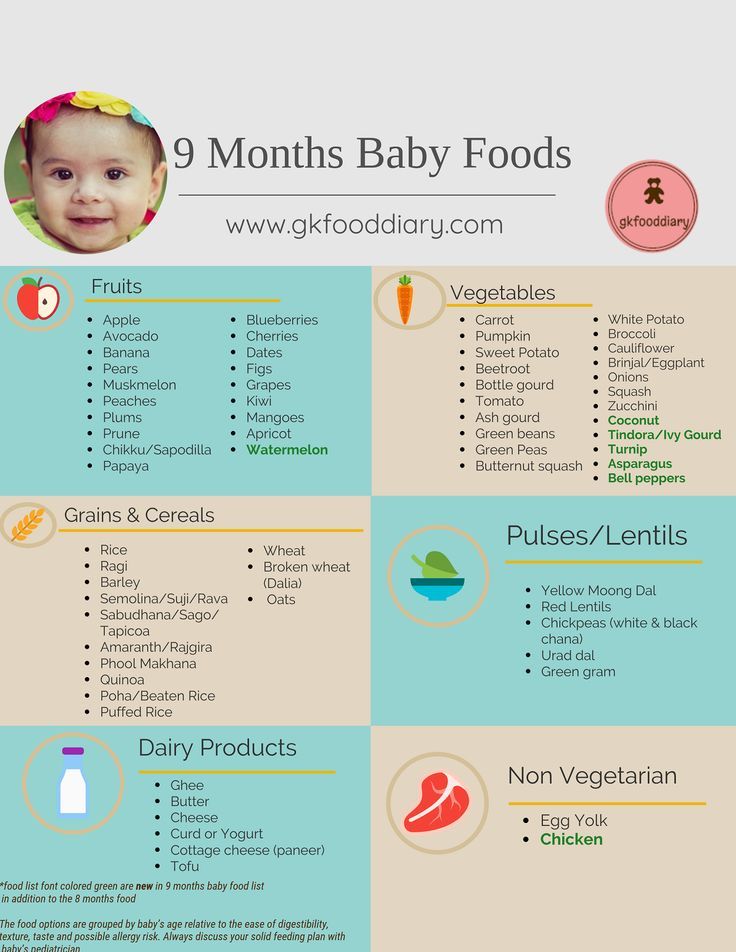 Also, don't forget that caffeine is found in cola and energy drinks, and a small bar of dark chocolate can contain up to 50 mg. nine0074 7
Also, don't forget that caffeine is found in cola and energy drinks, and a small bar of dark chocolate can contain up to 50 mg. nine0074 7
If I eat a varied diet, will my baby be less picky about food?
Breast milk has the flavor of everything you eat. 8 Therefore, if you eat a varied diet during breastfeeding, giving your baby a taste of different tastes, he may like them in the future.
If you like spicy and spicy foods, there is no reason to refuse them while breastfeeding. When my first child was born, I ate a lot of spicy food. When my daughter was two years old, we went to Sri Lanka, coincidence or not, but she ate absolutely everything. nine0003
Is there anything in my diet that is not suitable for a child?
At an early age, babies often suffer from colic or are picky eaters, so mothers naturally wonder if this is due to their diet. Most likely no. Studies show that the proportion of children who are allergic to any component of breast milk is only slightly more than 1%. 9 Cow's milk, eggs, corn, and soy proteins in moms' diets are much more likely to cause allergic reactions than spicy foods, hot sauces, or cruciferous vegetables, which moms usually worry about. nine0003
9 Cow's milk, eggs, corn, and soy proteins in moms' diets are much more likely to cause allergic reactions than spicy foods, hot sauces, or cruciferous vegetables, which moms usually worry about. nine0003
If your baby is allergic to substances in your milk, it can cause profuse vomiting, rash, bloody stools, or prolonged constipation. If your baby has an intolerance to any food, you will notice symptoms such as moodiness and crying after feeding, burping, diarrhea, or the baby will press his knees to his chest. Contact your doctor if something is bothering you. He may suggest eliminating certain foods for a couple of weeks, and then see if the child's behavior changes after eating them again. nine0003
You can also keep a food diary: write down everything you eat and drink, as well as your child's symptoms, and you may notice some patterns. However, before cutting out any foods, such as dairy, always check with your doctor, as it's important to know that you're getting the nutrients you need from other sources.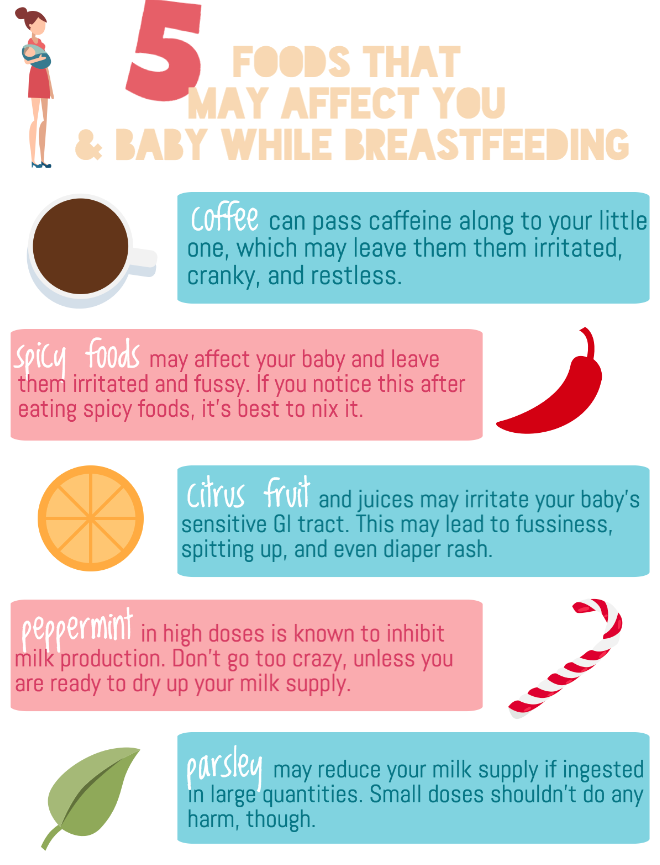 Depending on where you live, you will be referred to a nutritionist or other specialist.
Depending on where you live, you will be referred to a nutritionist or other specialist.
Does a vegetarian diet affect breast milk? nine0009
If you are getting enough calories and all the nutrients your body needs (carbohydrates, proteins, fats, vitamins and minerals), then you have nothing to worry about. A vegetarian or vegan diet requires plenty of vitamin B12, vitamin D, calcium, and omega-3 fatty acids while breastfeeding, so opt for foods and supplements that provide you with these essential nutrients.
If you are on a vegetarian, vegan, macrobiotic, or other special diet, you may need additional medical advice to make sure you are getting all the nutrients your baby needs. nine0003
Literature
1 National Health Service (NHS) [Internet]. Burnley, UK: Department of Health; 2018. Should pregnant and breastfeeding women avoid some types of fish?; 2015 Jul 06 [cited 2018 Apr 12]; Available from: https://www.nhs.uk/chq/Pages/should-pregnant-and-breastfeeding-women-avoid-some-types-of-fish.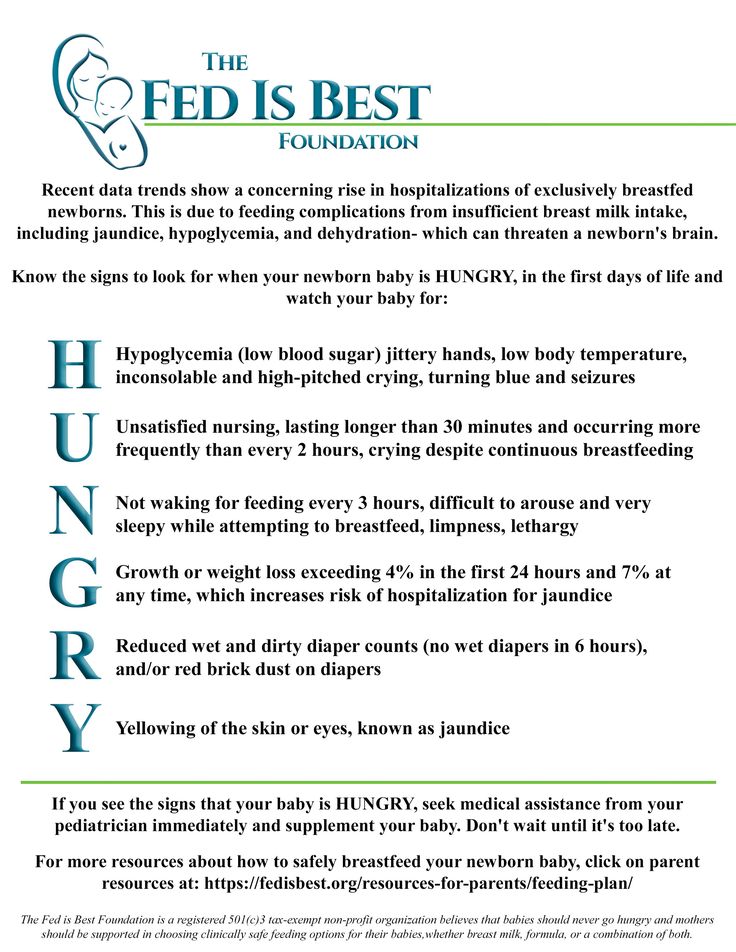 aspx - National Health Service (NHS) [Internet]. Burnley, UK: Department of Health; 2018. "Should a pregnant and lactating woman refrain from eating certain types of fish?"; July 6, 2015 [cited April 12, 2018]; See article on site https://www.nhs.uk/chq/Pages/should-pregnant-and-breastfeeding-women-avoid-some-types-of-fish.aspx
aspx - National Health Service (NHS) [Internet]. Burnley, UK: Department of Health; 2018. "Should a pregnant and lactating woman refrain from eating certain types of fish?"; July 6, 2015 [cited April 12, 2018]; See article on site https://www.nhs.uk/chq/Pages/should-pregnant-and-breastfeeding-women-avoid-some-types-of-fish.aspx
2 Oberhelman SS et al. Maternal vitamin D supplementation to improve the vitamin D status of breast-fed infants: a randomized controlled trial. Mayo Clin Proc. 2013;88(12):1378–1387. - Oberhelman S.S. et al., Introduction of Vitamin D to the Diet of Nursing Mothers to Increase Vitamin D in children: a randomized controlled trial. Mayo Klin Prok. 2013;88(12):1378–1387. : effects on the mother and the fetus. Am J Obstet Gynecol. 2006;194(4):937-945. - Thomas M., Weisman S. M., "Calcium intake during pregnancy and lactation: effects on the mother and on the fetus".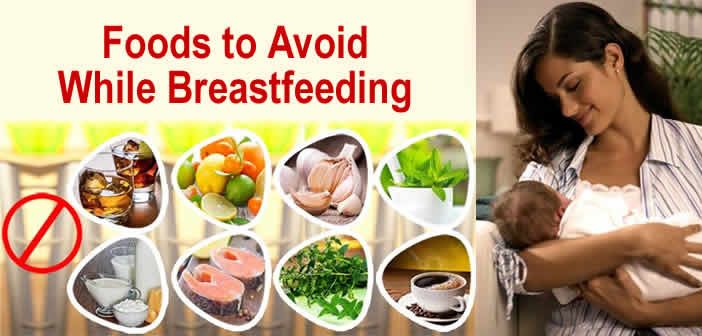 Am J Obstet Ginekol (American Journal of Obstetrics and Gynecology). 2006;194(4):937-945.
Am J Obstet Ginekol (American Journal of Obstetrics and Gynecology). 2006;194(4):937-945.
4 Pitt et al . Reduced risk of peanut sensitization following exposure through breast-feeding and early peanut introduction. J Allergy Clinic Immunol. 2018;141(2):620-625. e 1 - Pitt et al., "Reducing the Risk of Peanut Allergy by Introducing Peanuts into the Breastfeeding Mother's Diet and as a Baby's First Food." nine0155 G Allergy Clean Immunol. 2018;141(2):620-625.e1
5 Dewey KG. Energy and protein requirements during lactation. Annu Rev Nutr. 1997 Jul;17(1):19-36. - Dewey K. J., "Energy and Protein Requirements During Lactation". Annu Rev Nutr . 1997 Jul;17(1):19-36.
6 Food Standards Agency (FSA) [Internet]. London, UK: Crown copyright 2002.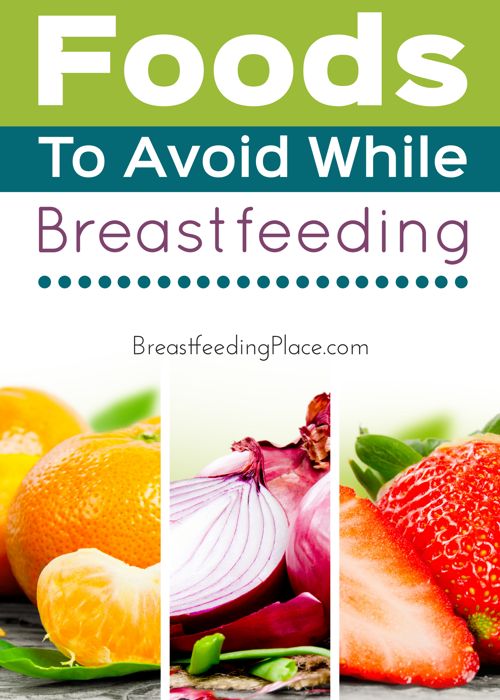 Eating for breastfeeding; [cited 2018 Apr 13]; Available from: https://www.food.gov.uk - Food Standards Agency (FSA) [Internet]. London, UK: State Copyright 2002. "Eat to feed" [cited April 13, 2018]. See article on https://www.food.gov.uk
Eating for breastfeeding; [cited 2018 Apr 13]; Available from: https://www.food.gov.uk - Food Standards Agency (FSA) [Internet]. London, UK: State Copyright 2002. "Eat to feed" [cited April 13, 2018]. See article on https://www.food.gov.uk
7 National Health Service (NHS) [Internet]. Burnley, UK: Department of Health; 2018. Breastfeeding and diet; 2016 Jan 29 [cited 2018 Apr 12]; Available from: https://www.nhs.uk/conditions/pregnancy-and-baby/breastfeeding-diet - National Health Service (NHS) [Internet]. nine0155 Burnley, UK: Department of Health 2018. Breastfeeding and Diet; 29 January 2016 [cited 12 April 2018] See article on https://www.nhs.uk/conditions/pregnancy -and-baby/breastfeeding-diet
8 Mennella JA et al. Prenatal and postnatal flavor learning by human infants. Pediatrics. A. et al., Prenatal and postnatal recognition of odors in children. Pediatrix (Pediatrics). 2001;107(6):e88.